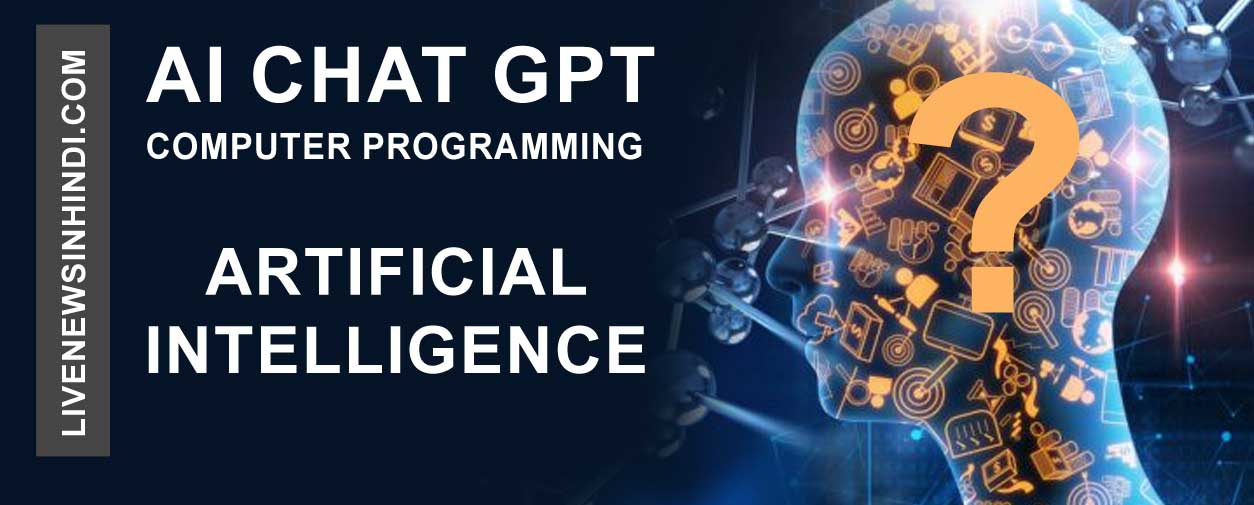Home | technology | Exploring the Future: Artificial Intelligence, Virtual Reality
Post By : balindra
Exploring the Future: Artificial Intelligence, Virtual Reality

Exploring the Future: Artificial Intelligence, Virtual Reality, and Cutting-Edge Technology Trends
In todays rapidly evolving digital landscape, technology plays a pivotal role in shaping our lives and revolutionizing industries across the globe. From artificial intelligence (AI) to virtual reality (VR) and beyond, the world of technology is brimming with innovative advancements that are changing the way we work, interact, and experience the world. In this comprehensive guide, well delve deep into the realms of AI, VR, and other cutting-edge technology trends that are shaping the future.
Artificial Intelligence (AI)
AI has emerged as a game-changer in various domains, from enhancing business processes to revolutionizing healthcare and beyond. As businesses strive for automation and intelligent decision-making, AI technologies like machine learning, natural language processing (NLP), and computer vision are at the forefront of innovation. Companies are leveraging AI-powered solutions to streamline operations, personalize customer experiences, and drive growth in todays competitive landscape.
Virtual Reality (VR) and Augmented Reality (AR)
The realm of VR and AR has expanded exponentially, offering immersive experiences that blur the lines between the physical and digital worlds. VR headsets, AR glasses, and interactive simulations are transforming industries such as gaming, education, healthcare, and training. From virtual classrooms to immersive gaming environments, VR and AR technologies are reshaping how we learn, play, and interact with digital content.
Full-Stack Development and Cloud Computing
Full-stack developers play a crucial role in building robust web applications and software solutions. With expertise in front-end and back-end technologies, full-stack developers bridge the gap between design and functionality, delivering seamless user experiences. Additionally, cloud computing has revolutionized IT infrastructures, offering scalable, cost-effective solutions for storing, processing, and analyzing data. Cloud engineers and developers are at the forefront of leveraging cloud platforms to drive innovation and agility in businesses of all sizes.
Cybersecurity and Encryption
As technology advances, cybersecurity becomes paramount in safeguarding sensitive data and digital assets. End-to-end encryption, multi-factor authentication (MFA), and cybersecurity protocols are essential components of protecting information in todays interconnected world. With the rise of cyber threats and data breaches, computer security professionals play a critical role in implementing robust security measures and mitigating risks across networks and systems.
Emerging Technologies and Future Trends
The tech landscape continues to evolve with emerging technologies such as AI-driven chatbots, blockchain development, IoT (Internet of Things) innovations, and more. As organizations embrace digital transformation, IT courses, certifications, and specialized training programs are in high demand. From machine learning engineers to AI designers and blockchain developers, the future of technology promises exciting opportunities for tech enthusiasts and professionals alike.
Conclusion
In conclusion, the world of technology is a dynamic and ever-evolving ecosystem that fuels innovation, creativity, and progress. From AI-powered solutions to immersive VR experiences and beyond, the possibilities are endless. As we navigate through the digital age, staying updated with the latest tech trends, acquiring new skills, and embracing emerging technologies will be key to driving success and staying ahead in the fast-paced world of technology.
People also ask
इस आर्टिकल के बारे में, आप अपने विचारो को शेयर कर सकते है जिससे लोगो की काफी हेल्प होगी।

 05/02/2025 03:54:49 AM
05/02/2025 03:54:49 AM 
 Games
Games Software
Software Sing In
Sing In